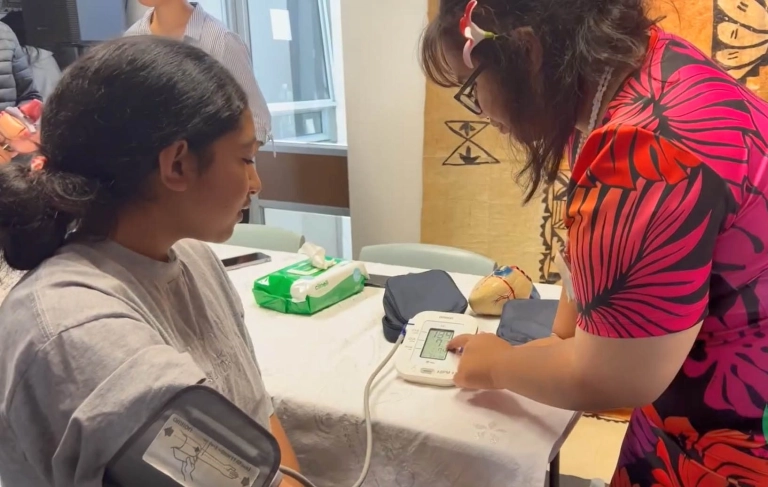Applications Open for our Fellowships and Postgraduate Scholarships
Applications for funding for fellowships and postgraduate scholarships open today – Tuesday 9 April 2024. This the first time we have offered scholarships for Doctoral, Masters and B(Hons) students. We have dedicated scholarships for Māori students and Pacific students plus an open scholarship for other applicants. We are providing funding support for both one-year and two-year Masters programmes as well as the B(Hons) programme.
Our fellowships are different this year as well. We are offering fellowships for Māori researchers and for Pacific researchers as well as for women researchers studying women’s heart health. These fellowships are open to anyone who has at least three years’ experience at a level equivalent to research undertaken for a doctoral degree as well as those with a doctoral degree.
The requests for proposals and application forms are available at https://www.putahimanawa.ac.nz/our-research/funding-opportunities. Please let members of your institution or community who might be interested in applying for funding know about these opportunities. We will be running some online sessions for Māori and for Pacific researchers and students with advice on applying for our funding shortly – watch this space for the announcements.
Dr Debbie Zhao, our 2023 Pūtahi Manawa Research Fellow talks about her work
Dr Debbie Zhao has seen first-hand how health inequality impacts people, whānau and Aotearoa.
“It can be really heartbreaking. You start to realise their individual stories are just a few of many,” says Dr Zhao, a research fellow from Auckland Bioengineering Institute.
Helping overturn this inequality has underpinned her exceptional career, particularly in her newest research project, which received a Pūtahi Manawa Fellowship in 2023.
New references for Māori and Pacific heart health
The project, Redefining reference ranges for heart health in Aotearoa, will study over 300 healthy Māori and Pacific volunteers. This will help define new reference ranges for basic clinical measurements, such as heart size and mass.
Existing guidelines have been developed using primarily Caucasian populations, so they can be misleading when applied to Pacific or Māori heart patients and adversely bias outcomes.
“We can use the most advanced technology in the world to make cardiac imaging better and faster, but if the guidelines are wrong in the first place, that won’t help anyone,” says Dr Zhao.
When diagnosing and prescribing treatments, clinicians consider imaging and patient data against these references. This is why many Pacific or Māori patients don’t qualify for the treatments they desperately need.
“Based on existing guidelines, Pacific or Māori patients generally have to be sicker to cross the threshold for treatment,” she explains.
In partnership with cardiologist Dr Boris Lowe, Dr Zhao has formed a transdisciplinary team, including Gina Quill, cardiac research sonographer, Anna Lydon, charge MR Technologist at the Centre for Advanced MRI, and Martyn Nash, Professor at the Auckland Bioengineering Institute.
Misty Edmonds and Mardi Heath also provide Māori and Pacific nursing and cultural expertise, which will be critical in ensuring community engagement and recruitment will be carried out in a culturally responsive manner.
Dr Zhao intends to go further with the research to develop more sophisticated biophysical models.
“These could be important to better understand the mechanisms of heart disease in different populations,” she says.
Inspired by people
While much of Dr Zhao’s research involves being in a lab or behind a computer screen, she relishes the opportunities to connect with patients and the wider public.
“I love talking with patients and listening to their stories. It reminds me that my research can have real-world impact,” she says.
Dr Zhao works hard to keep the bigger picture behind her research in sight – the people she hopes to help.
“It’s easy to get absorbed in answering a specific question. But it’s important to remember you’re not just a researcher – you’re also a person and part of a larger community.”
You can read more about Debbie’s research project here or find out more about our funding opportunities. Applications for postgraduate and doctoral scholarships, and research fellowships open Tuesday 9 April, 2024.



